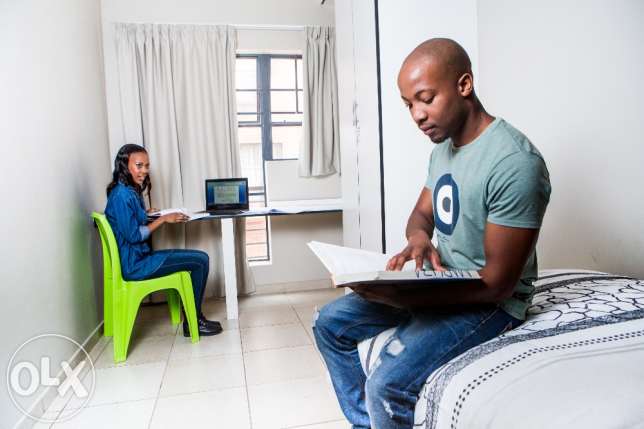Unhappy With Your Student Accommodation? Know your rights!

The first semester is almost up, with many students assessing their current living conditions. Students at tertiary institutions across the country find themselves living away from home in rented accommodation – often unaware of their rights when it comes to the property they’re staying in. For those unhappy with their current accommodation, it is important to understand their rights and obligations when it comes to moving before the lease expires.
“As the first semester comes to a close for the mid-year recess, it’s a good opportunity to take control and change your accommodation to one that suits your needs,” says Craig McMurray, CEO of Respublica, a leading student housing provider. “Whether you are moving to be closer to lectures, wanting access to better amenities, looking for a quieter more conducive study environment, due to surprise hidden costs that were not previously disclosed by your provider or because your current landlord hasn’t kept to their side of the agreement, it’s important to know your rights and responsibilities when it comes to your rental contract.”
Regardless of if you’re staying in a conventional apartment or in a university residence, you should have signed a lease agreement with your landlord before you moved in – and this document is your first port of call for guidance if you decide to relocate.
- Every lease should have a cancellation clause, outlining the conditions under which either you or the landlord can cancel the contract. If such a clause isn’t included in your lease, insist on one being included before you sign.
- You can cancel your lease contract if your landlord has not delivered on what they promised in the original agreement, despite you reminding them. This could include things like major repairs not being done, poor security, hidden costs not previously disclosed, and access control not being implemented or maintained, or even cleaning services not delivering on the agreed tasks.
- If you want to cancel your lease even though your landlord has done everything they’re supposed to, your best bet is to chat to them, to see if you can come to an agreement. In some instances, they may release you from your contract if you can find someone to take it over – but don’t do this without their knowledge, or you may then be in breach of your contract yourself.
- If your landlord refuses to release you from your contract, the Consumer Protection Act says that you can give your landlord notice if you want to leave before your lease expires. If the landlord hasn’t done anything wrong, however, they are entitled to recover any reasonable costs that they incur while they’re replacing you. Keep this in mind if you decide to move, and perhaps enter your negotiations with a replacement person already lined up if you can.
- If you find someone suitable to take over your lease, the landlord cannot turn them away and make you pay the penalties that are described in your lease.
- If your landlord won’t release you from your contract, they are not allowed to make up penalties that were not initially agreed upon in the lease agreement. Similarly, if your deposit was forfeited to cover the costs of any damage or breakages that did not actually happen, the landlord may not withhold your deposit.
Staying in quality student accommodation that provides the right amenities and a safe and secure environment is of great importance to be successful in your studies. To succeed in your studies, look for accommodation that provides an environment conducive to studying, that offers laundry and cleaning facilities, and which offers culture activities and res-life programmes.
It’s your right to do everything you can to make sure you have access to these – but it’s also your responsibility to treat the terms of the contract you have with your landlord with respect and care.




